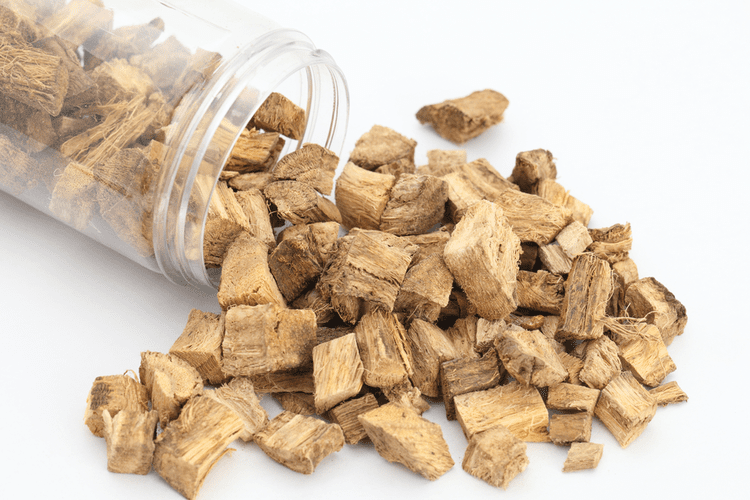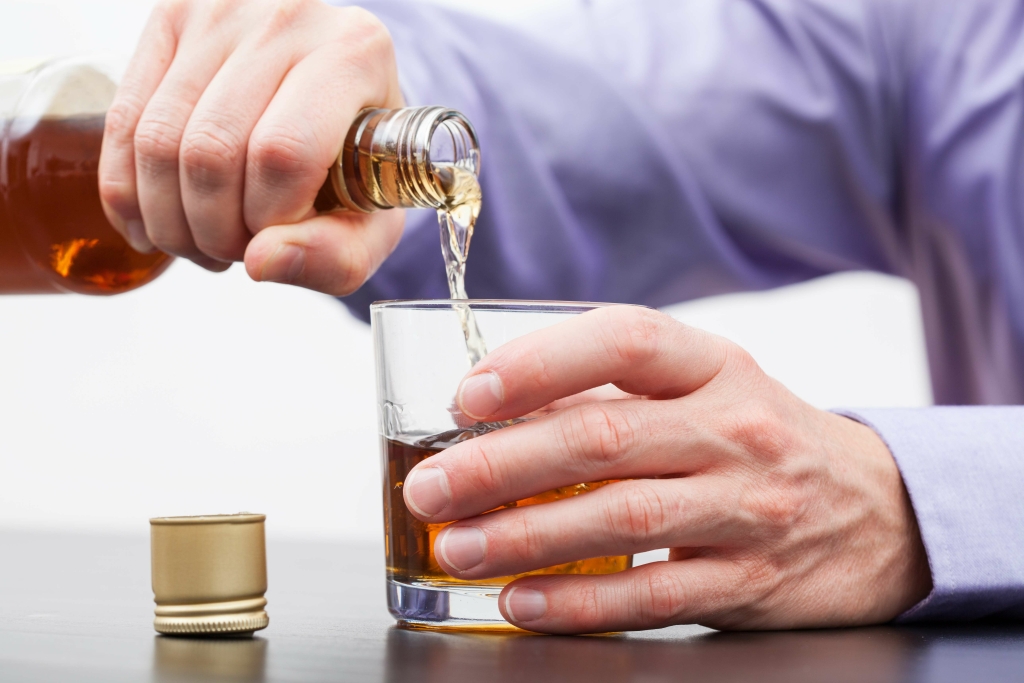With treatment, those with NPD can live healthy lives with positive relationships. If people have risk factors for AUD, feel they are drinking excessively, or cannot control their alcohol intake, they can speak with a healthcare professional. Narcissism and alcoholism are different conditions, but they can occur simultaneously and may share some overlapping symptoms. While both conditions can be challenging, certain approaches can help individuals overcome the http://www.plam.ru/psiholog/bolshoi_psihologicheskii_slovar/p6.php potential complications of these disorders. Some of the behaviors exhibited by dry drunks are very similar to those seen in people suffering from narcissistic personality disorder.
- Healthcare professionals and psychologists may use a set of criteria from the Diagnostic and Statistical Manual of Mental Disorders, Fifth Edition (DSM-5) to diagnose narcissism or AUD.
- The negative consequences of their actions, combined with the ongoing cycle, can lead to a further deepening of narcissistic tendencies and alcohol dependence.
- Narcissists manipulate others to achieve their own interests, and any attempt at an intervention may cause them to strike out physically or emotionally.
Narcissism and Alcoholism: Exploring the Relationship
Another reason narcissists are likely to become alcoholics is their desire to fit in or stand out in social situations. A dry drunk has stopped drinking but hasn’t http://www.beonlive.ru/lj/social/archive.php?data=-1585643325.php yet dealt with the issues that caused their alcohol dependence. They have yet to confront the shame, guilt, or past trauma that drew them to alcohol in the first place, so are at risk of relapsing.
Research supports the link between some narcissistic traits and alcohol use. Along with denying the existence of their drinking problem, alcoholics refuse to take responsibility for their harmful behaviors. Research and clinical observations show that narcissists are susceptible to developing a drinking problem.

What’s the outlook for people with NPD or AUD?
Learning healthy coping strategies can help them remain sober when they face triggers. With AUD, a person’s behavior may change depending on whether they are sober or not. An individual with NPD will display a consistent pattern of narcissistic behavior. Contact friends, family, or support groups to share your experiences and feelings.

What to Do If Someone You Know Has Both Alcoholic & Narcissistic Traits
According to a 2018 article, due to the common co-occurrence of personality disorders and AUD, it is important that substance misuse services screen for personality disorders and vice versa. This article discusses the similarities and differences between people with narcissistic personality disorder and those with alcohol use disorder. These behaviors are also seen in people with alcoholism (also known as a severe alcohol use disorder) and drug use or substance use disorders.
Personality disorders like NPD are those in which a person has a rigid and unhealthy pattern of thinking, functioning, and behaving. Substance use disorders like AUD are characterized by mental and physical addiction. When someone is deep in an alcohol addiction, they become very self-absorbed. To friends, family, and even coworkers, it can seem as though the alcoholic will sacrifice everything to be able to drink.
- However, some with NPD may not be aware of how their behavior affects others.
- Alcoholism is a complex disorder characterized by compulsive alcohol use, loss of control over intake, and negative emotional states when not drinking.
- A 2019 study looked at the link between narcissism and alcohol consumption in a questionnaire of 345 college students.
- Their behavior can include withdrawing from social interactions, displaying passive-aggressive tendencies, and struggling with chronic feelings of emptiness and depression.
Treatment & Support
Pathways Recovery Center uses personalized care plans to ensure each client receives the best treatment for their condition. Just as narcissism doesn’t necessarily cause alcohol use disorder, alcoholism doesn’t necessarily cause NPD. https://home365.net/how-to-care-for-furniture.html The two conditions may co-occur, but it is often difficult to determine which disorder occurred first. On the other hand, the term “alcoholic” describes someone who has an alcohol use disorder (AUD), which is the clinical term for an alcohol addiction. Narcissistic personality disorder (NPD) is one of the Cluster B personality disorders, which are characterized by unpredictable and emotional behavior.
- Further research into the causes of AUD might help experts develop more treatment options.
- Like narcissists, they may threaten harm to themselves or others if they don’t get what they want.
- It is typical for people to display occasional narcissistic traits, but a pattern of narcissism could be part of narcissistic personality disorder (NPD), a mental health condition.
- They may also garner respect for being able to consume more than others or for their willingness to engage in risky behaviors while drunk.
- 12-step programs like Alcoholics Anonymous provide a structured approach to recovery and ongoing support.
Both conditions can lead to self-absorbed behavior, difficulty maintaining healthy relationships, and a tendency to avoid or mask feelings of shame. People with NPD may use alcohol as a coping mechanism to numb their underlying insecurities or boost their sense of grandiosity. Alcoholism can also contribute to the development or intensification of narcissistic behaviors. Prolonged alcohol abuse can lead to changes in personality and behavior, including heightened aggression, impulsivity, and a disregard for the needs and feelings of others.
Impact on Relationships
Moreover, the consequences of the narcissism-alcoholism cycle can be severe. Individuals may experience strained relationships, social isolation, legal issues, and declining mental and physical health. The negative consequences of their actions, combined with the ongoing cycle, can lead to a further deepening of narcissistic tendencies and alcohol dependence.
